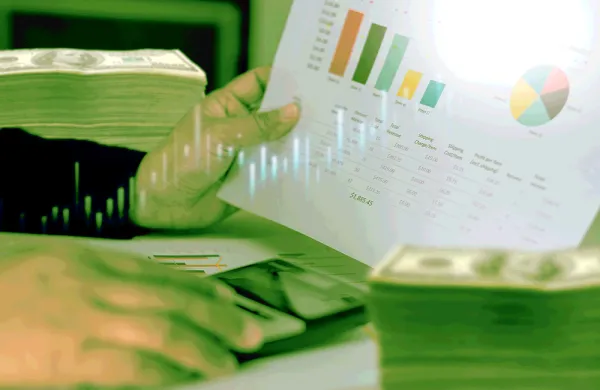Short-sellers that invested in illiquid companies headquartered in countries with low credit ratings outperformed during March’s market crash, according to new research.
Those companies saw a 10 percent drop in addition to the market’s average decline during the four weeks following February 24, when stocks began falling, found researchers from the University of Mannheim, Deutsche Bundesbank, and Erasmus University Rotterdam.
“We think the story is that these companies made a bet on the ability of the government to offer help to illiquid companies to survive,” said Stefan Greppmair, a researcher at the University of Mannheim.
Greppmair conducted the study with Stephan Jank, a researcher at Germany’s Deutsche Bundesbank, and Esad Smajlbegovic from Erasmus University Rotterdam.
The research adds to a growing body of academic work looking at the “crucial role of cash and short-term liquidity” during the early days of the COVID-19 crisis, according to the paper.
The three authors used data from the European Union, which requires investors to publicly disclose net short sale positions above 0.5 percent of the market capitalization of the company shorted. The sample set covers 13 European Union countries, the United Kingdom, and Norway from July 1, 2019 through April 30, 2020.
The data shows that short-sellers had established positions in illiquid companies in countries with low credit ratings ahead of the market’s drop, which began on February 24.
“The indices depreciated all over the world,” Smajlbegovic said by phone. “This was a unique opportunity for short-sellers.”
According to the research, those shorts paid off. The researchers found that the stocks of illiquid companies in countries with poor credit fell up to 15 percent beyond the market’s average decline, with a slight reversal to a 10 percent excess decline as time went by.
[II Deep Dive: As Markets Plunge, Short-Sellers Make Hay]
Firms like Marshall Wace and Citadel were among those that were particularly successful in using this strategy, according to Smajlbegovic.
He added that the shorted stocks didn’t reverse course when the market rebounded. “It seems to be a permanent reaction,” he said.
The researchers found that there was a follow-on effect, with recent short disclosures for specific companies leading to more short disclosures. According to the study, this does not necessarily mean that short-sellers are coordinating with one another or following a wave of shorts. Instead, they could simply be observing similar signals and choosing to act on those signals at similar times.







